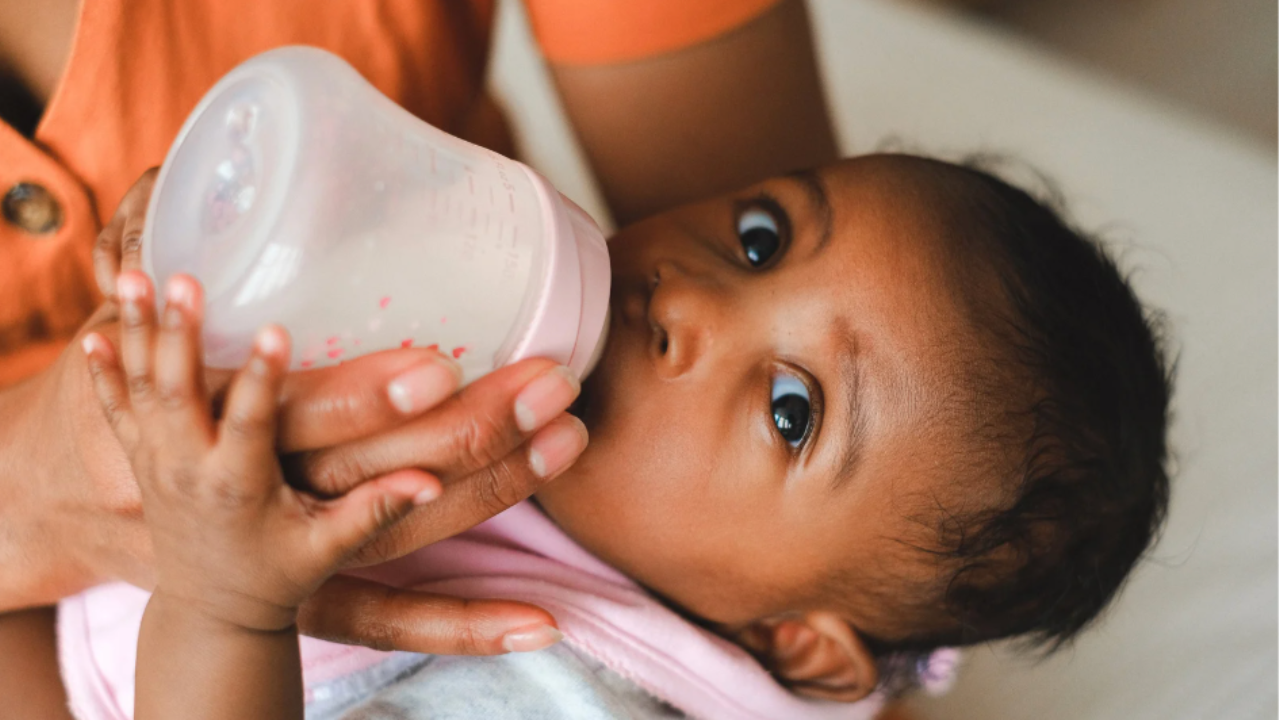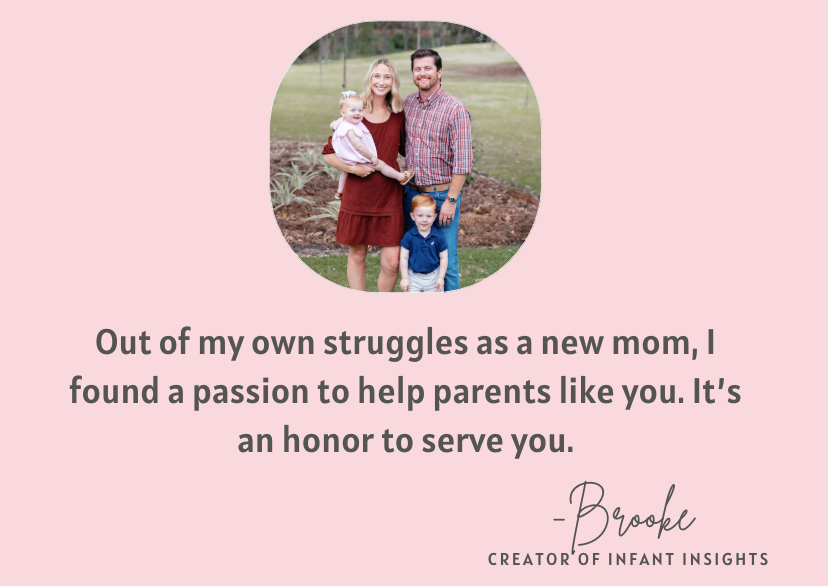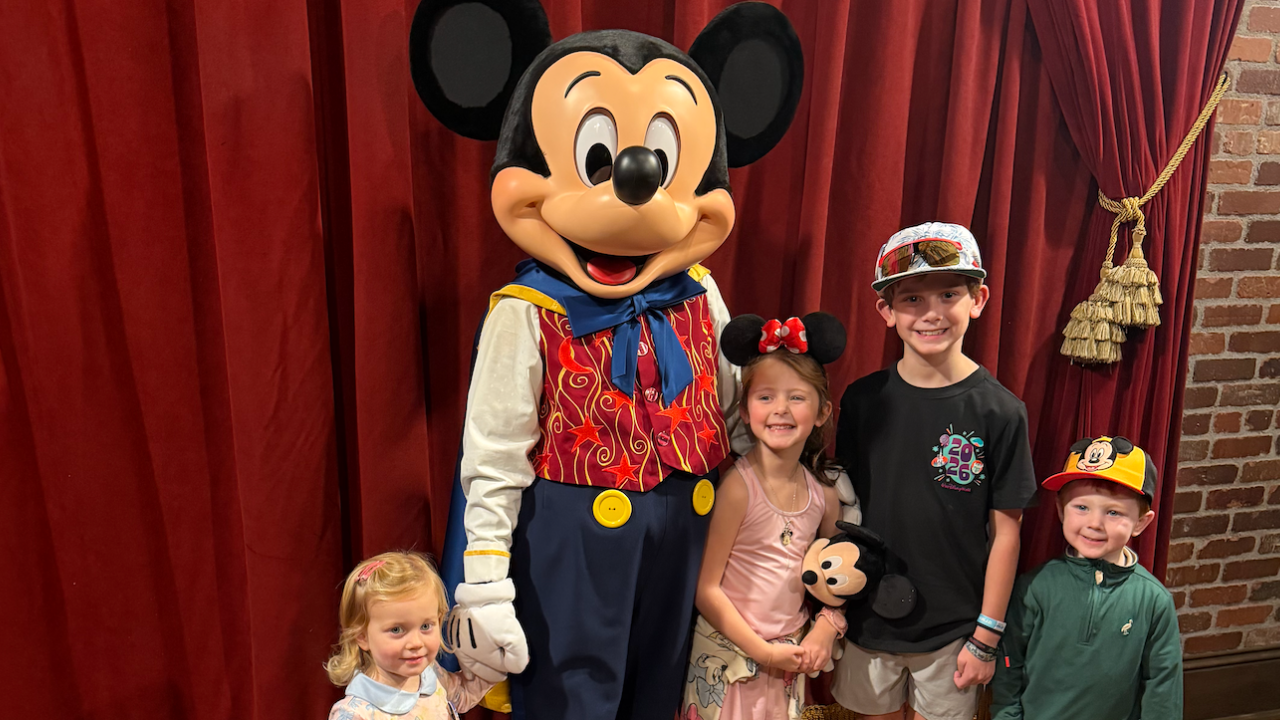Snacking Can Mess with Your Baby’s Sleep & Here's Why

I shared on IG stories today about how snacking feeding patterns can interfere with your baby’s nighttime sleep, and honestly, this topic deserves a whole blog post, so let’s dive in!
What is “snacking”?
When you hear sleep consultants or feeding experts talk about “snacking,” they’re referring to babies who eat small amounts very frequently. This can happen for lots of reasons: age, muscle strength, latch issues, preferences, temperament, environment, habits, or just how your baby is.
Why snacking may be a problem
Snacking isn’t automatically bad. It only becomes a problem if your baby is eating tiny amounts all the time and waking frequently at night, especially if you’re longing for more consolidated sleep. Feeding and sleep are BEST FRIENDS. Full feedings help babies get those longer stretches of rest, both day and night.
On the flip side, snacking can keep sleep fragmented because, just like us, babies don’t sleep well when they’re hungry and may wake more often to eat.
Quick Case Study: Recently, I worked with a mom online whose 6-month-old was snacking A LOT. He would nurse for just 5 minutes at a time, all day long, and was waking every 2 hours at night. There were several things we had to work through (like sleep props and soothing), but one of the biggest game-changers was addressing his snacking habits. Once we addressed this, you can bet that her baby slept WAY longer at night and has slept through the night now many times. 🎉
So, how can you address snacking to support better sleep?
There are so many strategies to help your baby take fuller, more efficient feedings. Here are a few of my top recommendations for parents:
-
Try to feed in a calm, distraction-free environment (dim the lights, turn off background noise). If your baby feeds well at night, try to replicate that same set up during the day.
-
Offer both sides if breastfeeding, or a full bottle, before moving on to play or naps.
-
Pause to burp mid-feed and then continue. Sometimes babies just need a quick break.
-
Avoid letting your baby snack right before a nap; aim for full feedings instead right after naps. An EAT / AWAKE / ASLEEP pattern is more supportive of sleep.
-
Be patient and consistent. It may take time for your baby to stretch into fuller feedings.
Here are some other suggestions I recommended to parents 👇
Are there other problems linked to snacking?
Snacking can sometimes lead to something called reverse cycling, where your baby takes in more calories at night than during the day. That often leaves parents exhausted because their little one is waking multiple times to “catch up” on calories. But, with consistency to get your baby to take full feedings, reverse cycling will slowly dwindle!
Could there be medical reasons for snacking?
Absolutely. Sometimes babies snack because of latching difficulties, oral ties, or weakness that makes full feedings tough this can be true for both breastfed and bottle-fed babies. Weight gain also plays a role in feeding efficiency, so if you’re concerned, always check in with your pediatrician or healthcare provider.
That said, not all snacking is medical. Sometimes it’s simply a learned habit, and with consistency, babies can gradually move toward taking fuller feedings during the day. And that’s my biggest piece of advice on this topic (and honestly, all baby sleep topics): consistency is key.
At the end of the day, my motto at Infant Insights is always: take what you need and leave the rest. If you want a gentle, proven way to start making sleep more predictable, grab my ✨FREE✨ 5 Days to Better Sleep Challenge.
And remember, you’re never alone in this. If you ever need support or encouragement during the baby stage, I’m here for you. 💗







